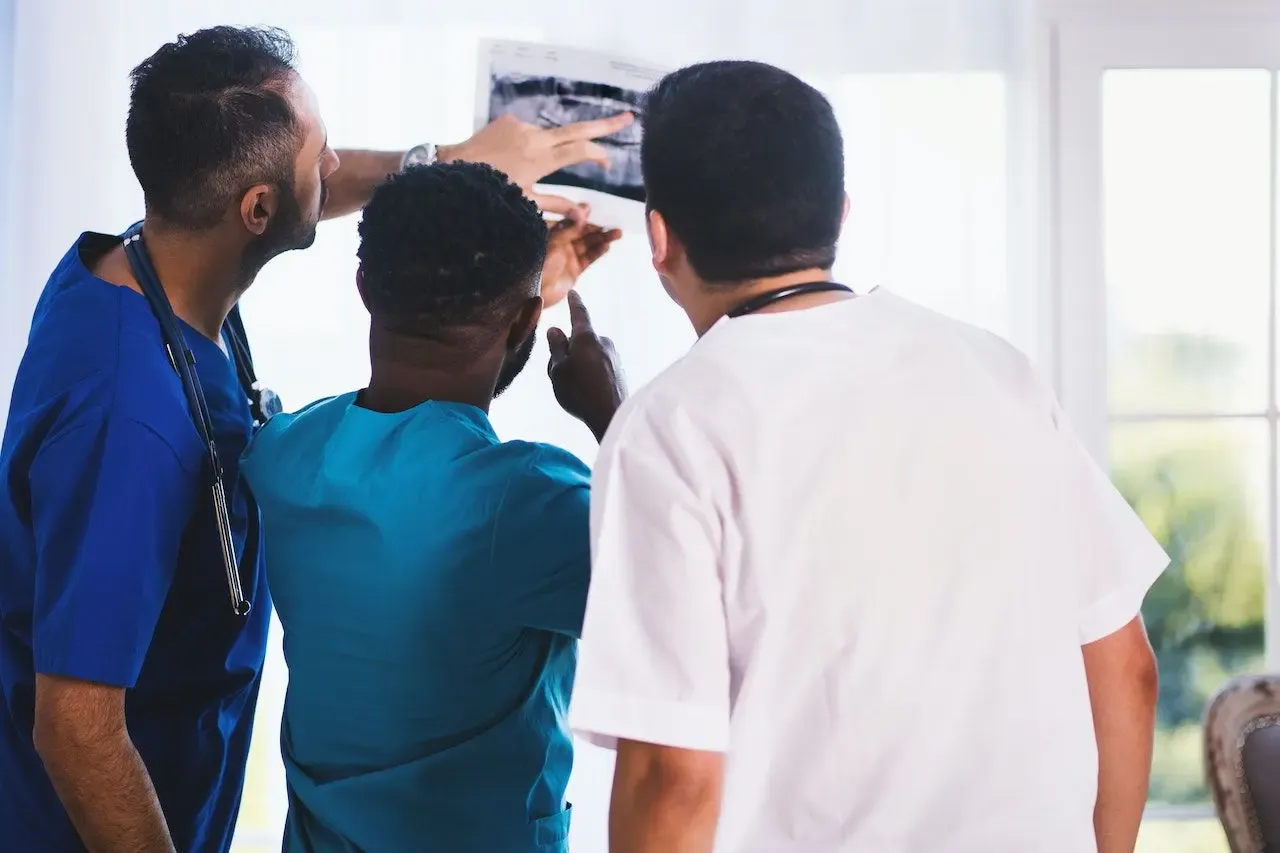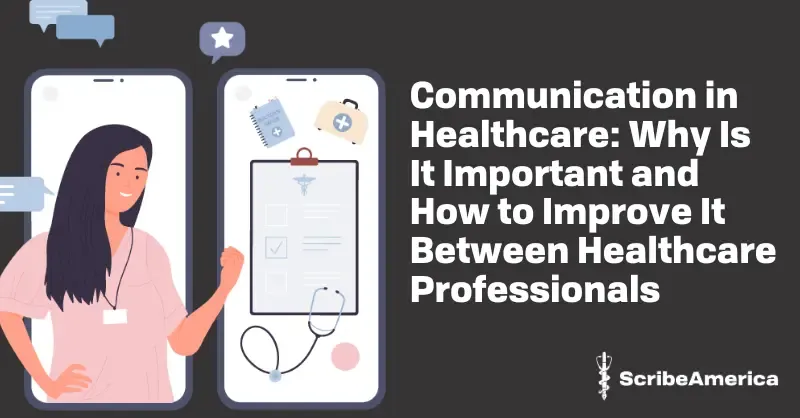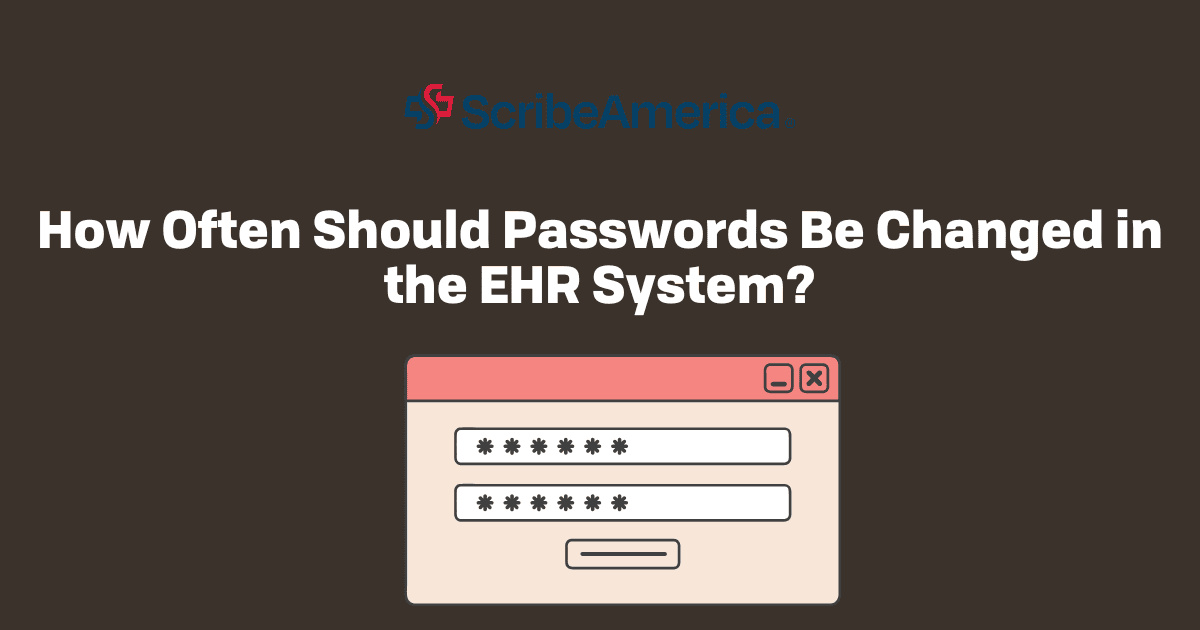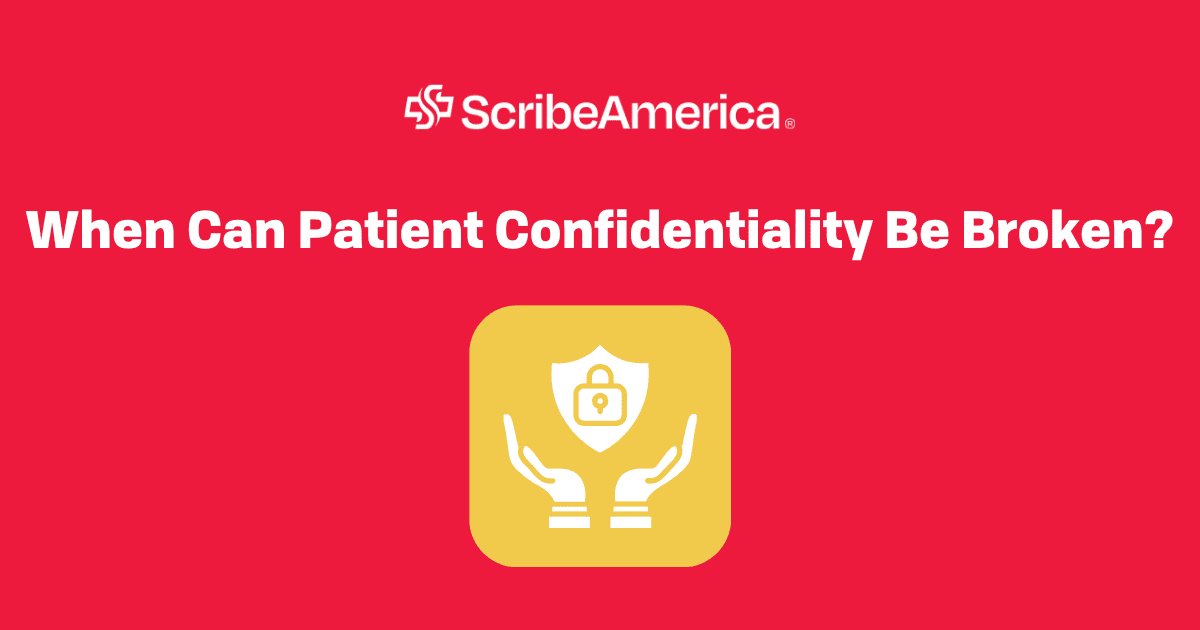“The kinds of errors that cause plane crashes are invariably errors of teamwork and communication” – Malcolm Gladwell
Key Points
- Effective communication is essential in healthcare to avoid conflicts and improve patient care.
- High-stress environments in medical facilities necessitate clear communication among healthcare professionals.
- Strategies to enhance communication include assessing current methods, simplifying processes, prioritizing face-to-face interactions, and encouraging mobile communication.
No community, workplace, or union shall work without proper communication. It is the key to avoiding conflicts, carrying out tasks, and implementing improvements. Healthcare is no exception – communication is a vital part of everyday work for most medical professionals. The topic of communicating with patients is widely covered in various sources, but have you ever wondered about the role of effective communication between healthcare professionals? If yes, we encourage you to keep reading – we will discuss this matter further, in this article.
Why Communication in Healthcare Matters?
As in any other field where exchanging information is crucial, there would be no healthcare without communication. Physicians need to exchange information with nurses, medical scribes, or even insurance companies. Rarely does one person do it all when it comes to treating and preventing illnesses. Yet, providing the best service is not the only reason why communication is important in healthcare.
The importance of communication between healthcare professionals also has its roots in the specific working environment. Medical facilities are places where stress can reach unseen levels. Patient’s families complaining, doctors battling the time to save a person’s life, and susceptibility to workplace violence – all of these increase the pressure that is on the healthcare providers. The only way to combat it is by effective communication.

How to improve communication between healthcare professionals?
If you desire to make your medical facility more effective and improve the well-being of your staff, you need to introduce relevant measures. There are several ways through which you may enhance communication between your healthcare professionals, so let’s look at them in more detail:
- Assess your communication methods – Firstly, you need to localize the pain points. Ideally, you should ask your staff directly and gather feedback from them, while also analyzing the communication channels and looking for potential bottlenecks. This way, you will know what has to be changed – you’ll only have to come up with solutions.
- Make it simple – The most effective communication in healthcare is the simplest one. You don’t want your staff to waste precious minutes on navigating complicated software. Consider introducing channels that are convenient, yet secure.
- Prioritize face-to-face communication – No matter what solutions you will introduce, the best way for effective communication between healthcare professionals will always be the same – face-to-face contact. It does not mean that you need to introduce as many meetings as possible, but rather that you should make all of them meaningful.
- Encourage mobile communication – Cell phones have dominated modern communication for a reason – they are simple, quick, and effective. Thus, you should not be afraid to use them for your benefit. Consider setting up a secure team app designed for your staff to communicate. It is going to be an intuitive and instant way to contact other medical professionals at any time.
The takeaway
The importance of effective communication in healthcare is critical. It is the way to alleviate the risks of physician burnout, workplace violence and to react more quickly in emergency, patient-related situations. You can improve the communication between your medical professionals by listening to them, introducing mobile solutions, and making communication as simple as possible. Strong communication is a foundation for high-quality care — and many roles at ScribeAmerica help build those skills. Explore current opportunities and start your healthcare career path: Browse Open Positions.
Effective communication is crucial in healthcare, and so is stopping any acts of harassment. Do you know how to do that? If not, read our article on how to prevent workplace violence in healthcare?




